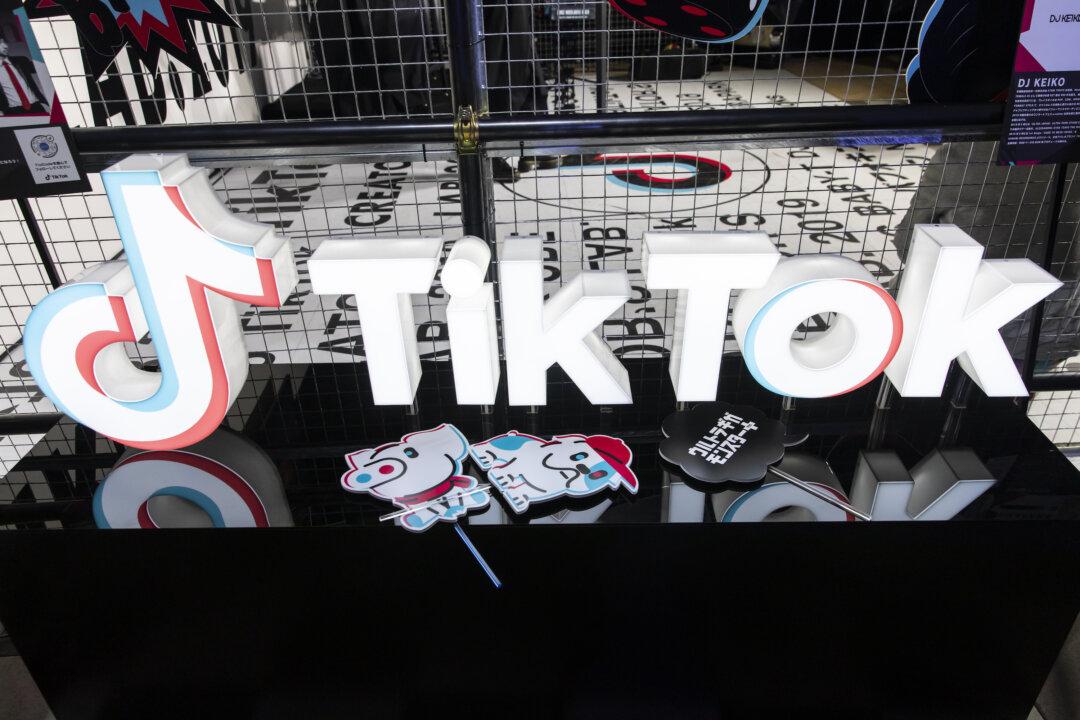A pediatric clinician is sounding the alarm about the harms posed by TikTok to children.
Anthony Luczak, an advanced practice registered nurse in pediatric primary care and a developmental–behavioral specialist, said that based on his observations, the Chinese-owned social media app feeds young people’s addictions and fosters anxiety, depression, and harmful behaviors.




